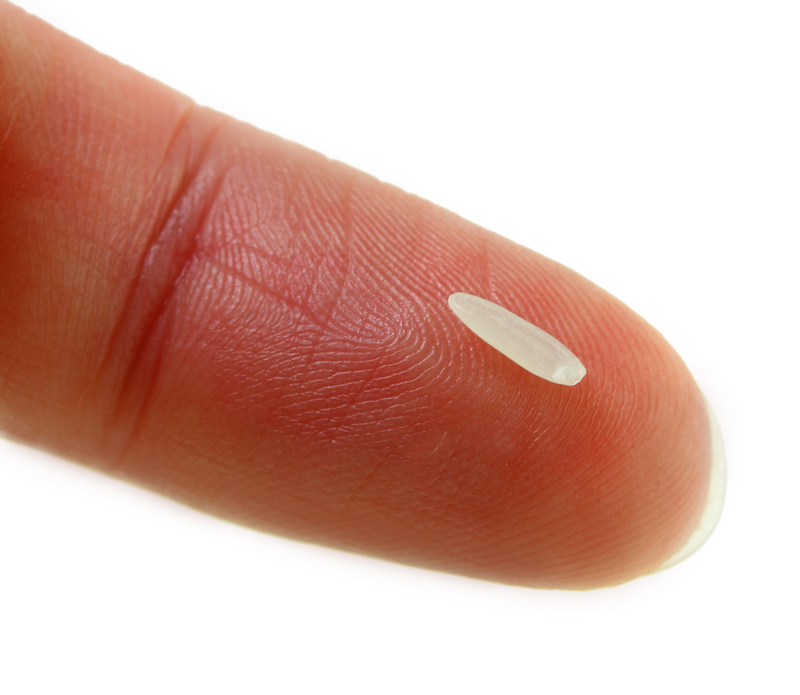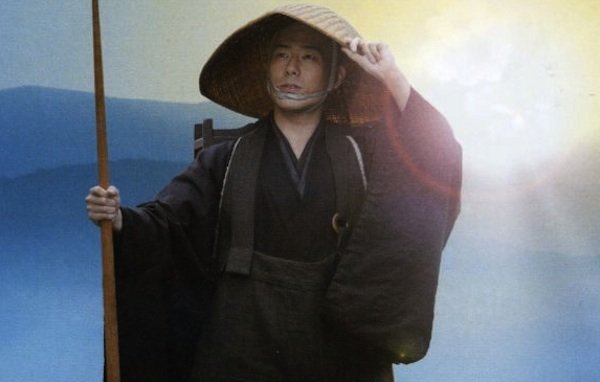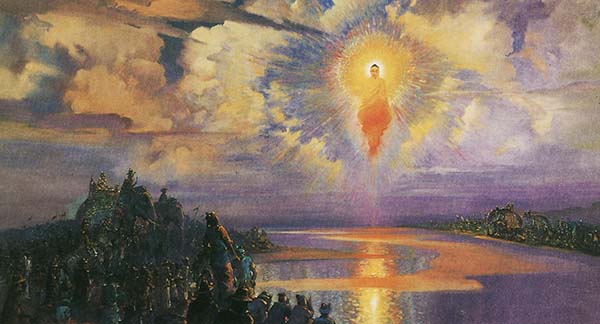Blue Cliff Record, Case 5
Hsueh-feng, teaching his community, said: Pick up the whole great earth in your fingers and it’s as big as a grain of rice. Throw it down before you. It’s like looking into a black lacquer bucket. You can’t find it anywhere. Beat the drum. Call everyone to look for it.
Eihei Dogen, the Japanese founder of our Soto tradition, and a prolific author of treatises on Zen philosophy and practice, has gotten a reputation for being inscrutable and esoteric. And its true that, in some of his writing, Dogen can be a bit of a Jazz man, riffing on bits of old mondos, poems, Sutras, folklore, and home-brewed metaphors with little or no exposition. Like the koans we wrestle with in our practice, much of Dogen’s writing is not meant to be grasped with the intellect, but with the gut.
Elsewhere, though, such as when he expounds upon the proper method for cleaning one’s teeth or voiding one’s bowels, Dogen can be clear and direct to the point of tedium.
It can seem puzzling to some how the very same person who wrote Genjokoan—a profound and lyric discourse on the inextricability of the Relative and the Absolute—could also be so stiff and fussy elsewhere.
But it’s precisely because Dogen so intimately understood the twin truths of Form and Emptiness that he took so seriously the day-to-day concerns of how we live our lives, right down to what we do in the privacy of our own bathrooms.
One of the “Miscellaneous” or “Simple” Koans many students work with early in their practice asks, “All things return to One. Where does One return to?”
The answer to this is something we must grasp if we are to truly inhabit our lives.
So much of the focus early in our practice of Zen is spent just trying to have an experience of the Absolute, of Emptiness. And with good reason. This level of awareness is so foreign to most of us that we need to put forth a concerted effort to tear down the walls of our conventional understanding.
But if that’s as far as we go, we’re missing it. If we stop once we experience the serenity that comes with the dropping away of body and mind, we might be tempted to retreat into quietism, that kinder, gentler, less avant garde sibling of nihilism.
If we see that form is emptiness, but don’t yet comprehend that emptiness is also form, then what’s the point of getting worked up about anything, man? It’s all good!
But consider these quotes from Dogen’s Tenzo Kyokun, or Instructions to the Cook:
You must care for (the rice, vegetables, and other ingredients for the next day’s meals) as you would the pupils of your own eyes …
Do not just leave washing the rice or preparing the vegetables to others but use your own hands, your own eyes, your own sincerity. Do not fragment your attention but see what each moment calls for … Do not miss the opportunity of offering even a single drop into the ocean of merit or a grain atop the mountain of the roots of beneficial activity …
The tenzo should always be present at the sink when the rice is being soaked and the water measured. Watching with clear eyes, ensure that not a single grain is wasted … An old teacher said, “Regard the cooking pot as your own head, the water your own life-blood.”
To Dogen, and hopefully to us if we’re serious about this practice, every single grain of rice matters.
Today’s case tells us to “Pick up the whole great earth in your fingers and it’s as big as a grain of rice.”
That’s because each grain of rice is the whole great earth, the whole galaxy, the whole Universe. Everything, from the tiniest amoeba to the biggest blue whale is the vast Universe taking life. Everything is precious.
You don’t need to be a Buddhist to access this truth, by the way.
A few months ago, Peter Harris had us reading William Blake’s “Auguries of Innocence,” which begins:
To see a World in a Grain of Sand
And a Heaven in a Wild Flower
Hold Infinity in the palm of your hand
And Eternity in an hour
Blake understood it.
In my mind, one of the greatest Bodhisattvas of the 20th Century was a Presbyterian minister from Western Pennsylvania.
Fred McFeely Rogers went into television because he hated television. In medium dominated by the loud, the fast, the big, Mister Rogers felt a spiritual calling to use television to focus on getting quiet, slowing down, and taking time for little things. Putting on a cardigan, changing his shoes, feeding the fish, taking time to tell each child on the other side of the screen they are special, that the world would be smaller without them in it.
One of my favorite stories about Mister Rogers involves something he said after a school shooting in 1997. On December first of that year, fourteen-year-old Michael Carneal of West Paducah, Kentucky, wrapped a shotgun and a rifle in a blanket, put a loaded Ruger .22-caliber pistol in his backpack and headed for school.
When he arrived, he inserted a pair of earplugs, took the pistol out of his bag, and fired eight rounds at a group of his classmates. Three girls died, and five others were wounded.
This was at a time when mass shootings seemed to happen about once every few years, instead of weekly, or daily, as it seems lately. This was at a time when three deaths still had the power to shock us.
The week before he opened fire on his school, Michael, who, like so many of the shooters we see today, was unpopular and a frequent target of bullying, had told some kids at his school to watch out because he was going to do something “really big” the following Monday. No one took him seriously.
When Mister Rogers heard about what Michael Carneal had boasted, he said, “Oh, wouldn’t the world be a different place if he had said, ‘I’m going to do something really little tomorrow.’”
But this isn’t the message any of us gets from the our culture. Every day in ways we can’t always put our finger on, the world tells us to go big or go home, that if we are to matter to anyone at all, we have to continually prove our worth. Not enough kids grow up understanding that they are precious just the way they are. That they are an expression of the entire Universe and that nothing they do can increase or decrease their value.
Another Christian who understood this was our founder Stef’s beloved St. Thérèse of Lisieux, who spent her short life dedicated to little things—cooking, sewing, eating, sleeping, washing the dishes, making the bed. No matter what she did, she found Christ in it.
Inspired by Thérèse, Stef called his take on Zen “The Little Way.” Zen, he said, “is small and insignificant. It is expressed in everyday ordinary things and events of living: mowing the lawn, filling the bird-feeders with seeds, washing the dishes, walking with the dogs in the woods, serving and waiting on tables, driving a truck, brushing one’s teeth. All of the everyday ordinary doings of life that we normally don’t notice. It is so simple. There. All the time. The Little Way that is the Way of No Way.”
Our lives matter. The little things we do matter. Everyone and everything we encounter matters. Let’s make sure we’re living as though that were the case.
Hsueh-feng, teaching his community, said: Pick up the whole great earth in your fingers and it’s as big as a grain of rice. Throw it down before you. It’s like looking into a black lacquer bucket. You can’t find it anywhere. Beat the drum. Call everyone to look for it.



